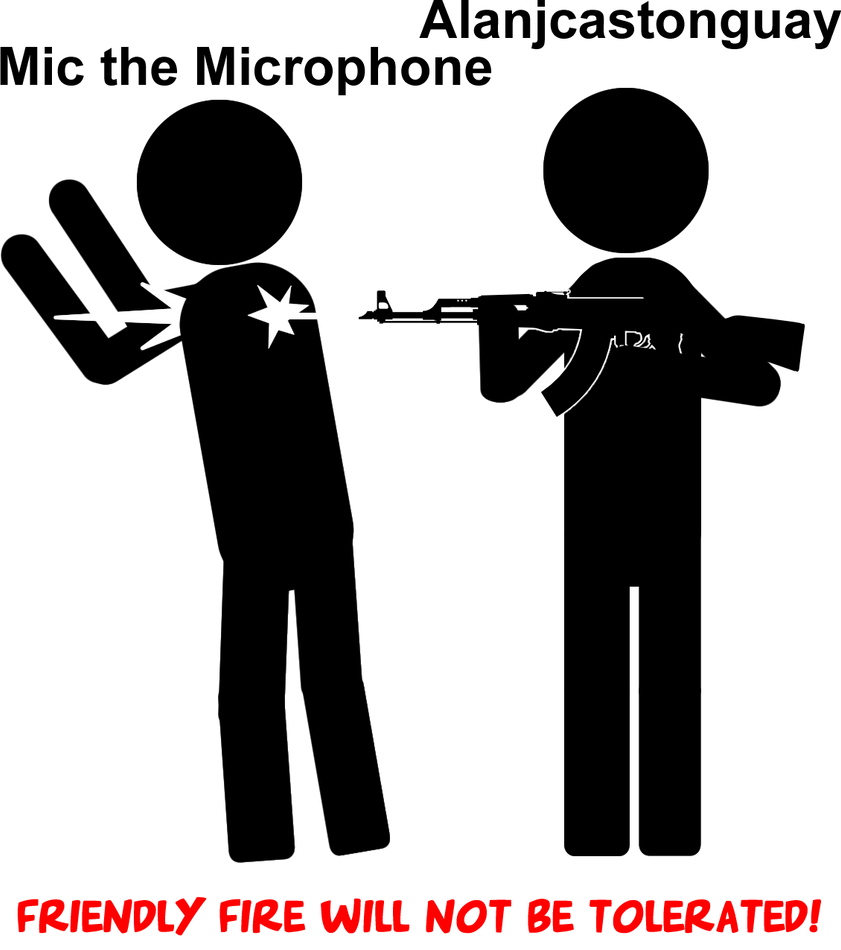Friendly Fire Will Not Be Tolerated

In the theater of war, where chaos reigns and split-second decisions can mean the difference between life and death, the concept of “friendly fire” strikes fear into the hearts of soldiers and commanders alike. Friendly fire, defined as the unintentional firing on one’s own forces or allies, is a tragic reality of modern warfare. Despite advances in technology and communication, incidents of friendly fire continue to occur, often with devastating consequences. However, the military’s stance on friendly fire is unequivocal: it will not be tolerated. But why is this the case?
Military Operation
First and foremost, friendly fire undermines the very essence of military cohesion and trust. In combat, soldiers rely on their comrades to watch their backs, to cover their flanks, and to fight alongside them as a unified force. When a soldier becomes the victim of friendly fire, it shatters this trust and erodes the bonds that hold units together. The fear of being struck down by one’s own side can breed hesitancy and doubt, impairing the effectiveness of military operations and putting more lives at risk.
Complicating Efforts
Furthermore, friendly fire incidents carry significant moral and ethical implications. The loss of life, whether it be a fellow soldier, ally, or innocent civilian, is a tragedy that reverberates throughout communities and nations. It is a stain on the conscience of those responsible and a source of grief for the families left behind. Moreover, friendly fire incidents can strain international relations and alliances, causing diplomatic fallout and complicating efforts at cooperation and peacekeeping.
Implement Robust
From a strategic standpoint, friendly fire represents a failure in command and control. It is the result of miscommunication, faulty intelligence, or poor decision-making, all of which are unacceptable in modern military operations. Commanders are tasked with ensuring the safety and well-being of their troops, and any lapse in judgment that leads to friendly fire undermines their authority and effectiveness. It is incumbent upon military leaders to implement robust procedures and training protocols to minimize the risk of such incidents occurring.
Accountability
In recent years, technological advancements have offered new tools and systems to mitigate the risk of friendly fire. From improved identification systems to real-time communication networks, military forces have access to a range of capabilities designed to enhance situational awareness and prevent fratricide. However, technology alone is not enough. It must be coupled with rigorous training, clear rules of engagement, and a culture of accountability to truly address the root causes of friendly fire.
Conclusion
Friendly fire is a tragic and avoidable consequence of warfare that carries profound consequences for all involved. It undermines trust, erodes morale, and jeopardizes the success of military operations. As such, it is imperative that friendly fire be addressed with the utmost seriousness and urgency. Whether through improved technology, enhanced training, or stricter enforcement of protocols, the military’s message is clear: friendly fire will not be tolerated. The lives of our soldiers and the success of our missions depend on it.



